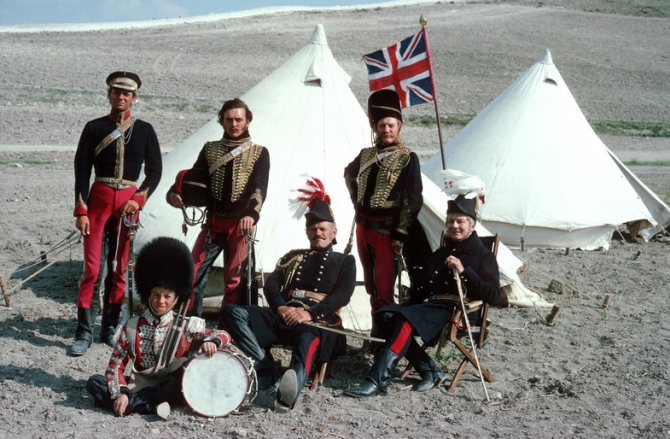How could I not! All those BMW execs fretting about their mountain of unsold cars, that Prosecco lake undrunk.
Jesus Christ! Those Continental Johnnies are in deep shit.
Found this today, sums up the different mind sets rather well....
In Britain, both the government and much of the public have come to believe that, as confrontational as it may be, Brexit is an issue that both sides have an equal interest in sorting out. It’s as if a mountain were to be climbed by two parallel teams. Whoever comes out on top will be the winner, but the mountain must be conquered by both, otherwise there will be a catastrophic cliff fall.
On the continent, an altogether different metaphor applies. Picture a ship sailing off from a port where it was well anchored, and the port’s many inhabitants wanting to make sure that ship is neither carrying cannons that it may shoot back at them, nor equipment that would make it impossible for the port to thrive.
Those on land also want to know that the departing ship’s captain won’t seek to return as if nothing had changed, and won’t demand a say in how the place develops without abiding by all of the locally agreed rules.
Indeed, the land-people believe, with good reason, that the integrity of those locally agreed rules is what defines their collective identity in the first place. It is what helped them overcome the trauma of self-destruction in a past century, and what allows them to face external and internal challenges today. It is also what their business and trade interests require in an environment of global competition, in which large blocs have a better chance of defending themselves than smaller entities do.
The departing ship is watched with both sadness and concern, but there is no rush to take on its navigation problems. That all of the land-people may not always agree on everything changes little. They’re aligned in letting the port authority discuss an orderly way out for the ship, and they’re keen to keep close contact with it in the future – but within conditions they consider non-negotiable. The point of this metaphor is that there is no common effort. Britain and the EU are not struggling with Brexit together: Britain is seeking its own route, and it is essentially alone in that quandary. On the EU side, there is only one imperative: self-preservation.
If you read the European council guidelines for Brexit negotiations. It’s all there: “no cherry-picking”, “no separate negotiations”. And this: “European integration has brought peace and prosperity to Europe and allowed for an unprecedented level and scope of cooperation in a rapidly changing world. Therefore, the union’s overall objective in these negotiations will be to preserve its interests, those of its citizens, its businesses and its member states.”
Simply put, the EU’s interests lie in preventing the UK from harming or threatening its integration. The EU is not in a race with the UK. Nor is it trying to punish anyone – which is not to say that the defence of EU red lines won’t at times be detrimental to the UK. But again, leaving was Britain’s choice. The EU did not initiate any of this. It believes the onus is on Britain, not on itself, to do what is necessary to avoid a worst-case scenario.
It is not that Michael Barnier, or other EU leaders, have not pointed this out already. The trouble is that so little seems to be trickling down into British perceptions. As a consequence, the mood is souring. The EU is an existential, not a transactional project. Finally grasping that could take Britain a long way.


